 A new manufacturer with ties to QRS Recycling will begin making recycled-plastic railroad ties in St. Louis.
A new manufacturer with ties to QRS Recycling will begin making recycled-plastic railroad ties in St. Louis.

 A new manufacturer with ties to QRS Recycling will begin making recycled-plastic railroad ties in St. Louis.
A new manufacturer with ties to QRS Recycling will begin making recycled-plastic railroad ties in St. Louis.
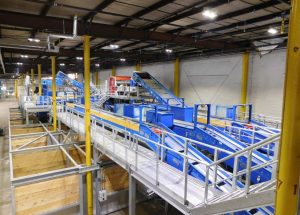 Parties working to reopen an idled plastics recovery facility in Maryland are going back to the drawing board after a possible investor withdrew from talks.
Parties working to reopen an idled plastics recovery facility in Maryland are going back to the drawing board after a possible investor withdrew from talks.

Mike Dungan of RES Polyflow
Plastics-to-fuel companies are asking federal lawmakers to include their sector in tax provisions benefiting alternative fuel producers.

North Carolina-based Plastic Revolutions is expanding to separate certain resins from mixed plastic bales, a response to growing supply as China’s import policies take hold.
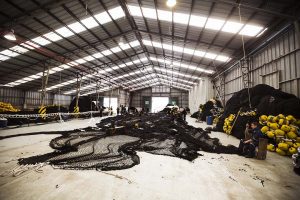
After used nets are collected, they undergo a cleaning and drying process before they’re baled and sent to a reclaimer.
A consortium focused on recovering marine plastics for recycling has rolled out its first product: an office chair made with recycled nylon.
 This is just what the doctor (and the plastics reclaimer) ordered: a guide that lays out the value of resins recovered from hospitals.
This is just what the doctor (and the plastics reclaimer) ordered: a guide that lays out the value of resins recovered from hospitals.
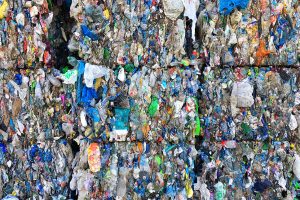 Merlin Plastics and Peninsula Plastics Recycling are making substantial investments in mixed-plastics processing capacity, bringing positive news for a region hard hit by China’s ban.
Merlin Plastics and Peninsula Plastics Recycling are making substantial investments in mixed-plastics processing capacity, bringing positive news for a region hard hit by China’s ban.
 Wind turbines generate clean and renewable power, but when their blades reach end-of-life, the options – burning or landfilling – aren’t so green.
Wind turbines generate clean and renewable power, but when their blades reach end-of-life, the options – burning or landfilling – aren’t so green.
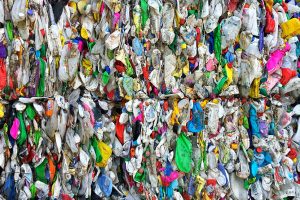
Mixed plastics are the feedstock for a chemical recycling partnership between resin giant Sabic and home goods manufacturer Tupperware Brands.
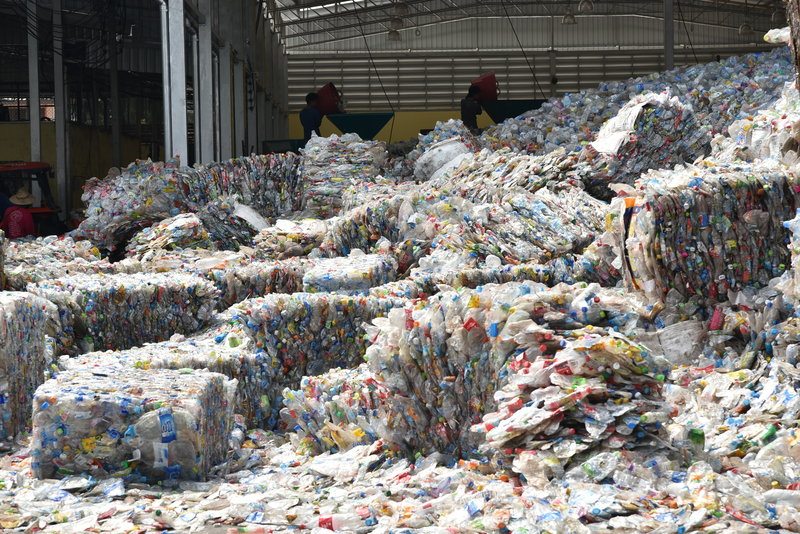
Before its closure, Revolve Recycling was working to increase its ability to process mixed plastics. | Setthayos Sansuwansri/Shutterstock
A Utah recycling company that was increasing its ability to sort and sell mixed plastics has closed.
